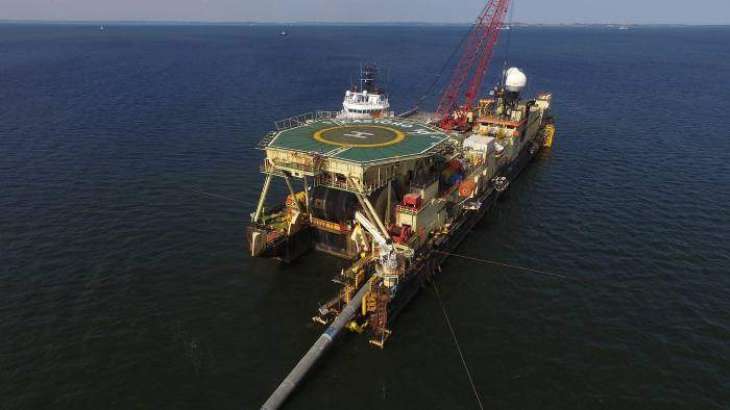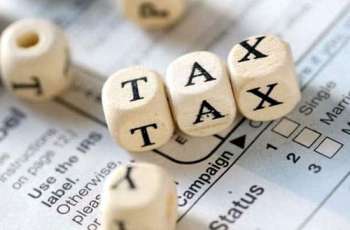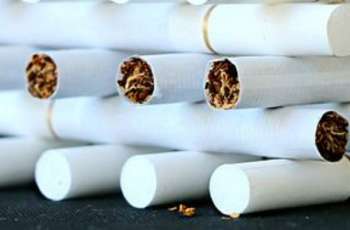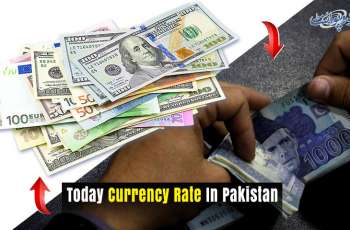Former Czech Industry and Trade Minister Jan Mladek told Sputnik that he used to support the idea of Europe buying liquefied natural gas (LNG) from the United States but not at the expense of the Nord Stream 2 pipeline, because in that case European countries would be left with no alternative but to purchase expensive US fuel
MOSCOW (Pakistan Point News / Sputnik - 23rd May, 2019) Former Czech Industry and Trade Minister Jan Mladek told Sputnik that he used to support the idea of Europe buying liquefied natural gas (LNG) from the United States but not at the expense of the Nord Stream 2 pipeline, because in that case European countries would be left with no alternative but to purchase expensive US fuel."I was also in favor of American gas being imported to Europe, but there is one assumption that it will be on competitive conditions, and not the way that they will stop Nord Stream 2 and there will only be possibility to buy expensive American gas," the former minister said.
Mladek also noted that European countries did not have a common stance on Nord Stream 2 because the main beneficiaries of the project were pushing it forward and those who had nothing to gain had no reason to support it.
"No, definitely [there is no common stance on Nord Stream 2 in the European Union] because there was supposed to also be South Stream and it doesn't exist, so Italians are disappointed because they are the major losers that it's not there. And Germany is pushing it [Nord Stream 2] through. I think they will, but there is a lot of American pressure to stop it and to import the American gas," Mladek said.
The former minister also believed that Nord Stream 2 AG, the company that oversees the pipeline's construction, would have a hard time finishing the project on time if Denmark did not give its consent.
"Denmark is blocking a few kilometers through their territory, they [Nord Stream 2 AG] have a problem to finish [the pipeline] in time because if they don't [get a construction permit from Denmark], they have to allow access to other parties to the pipeline which will be difficult," Mladek said.
The former minister added that the Czech Republic had already greatly benefited from the original Nord Stream pipeline because the country was no longer dependent on gas transit through Slovakia and Ukraine.
"Nord Stream project is great for the Czech Republic because it's not understood by many people that we are not anymore dependent on the transit because the main pipelines exist from the Czech Republic through Slovakia, Ukraine to Russia, but we also have direct access to Nord Stream because of the OPAL [pipeline], which was built [from the Nord Stream] through Eastern Germany [toward the Czech border]," Mladek said.
Mladek added that the Czech Republic not only received Russian gas through the OPAL pipeline but also ensured the transit of Russian gas to eastern Germany through the Gazela pipeline, which is connected to OPAL and runs toward southwestern Germany.
"It's a bit funny because in Czech Republic we have transit of gas from Germany to Germany. Because of that we have access to this alternative route and hence the Czech Republic is now fully integrated into west European structure of gas supply and we have no problem with this," the former minister added.
The Nord Stream 2 project envisages the construction of a twin pipeline at the bottom of the Baltic Sea that which will deliver around 55 billion cubic meters (almost 2 trillion cubic feet) of gas directly to Germany and other European countries.
The pipeline is set to pass either through territorial waters or exclusive economic zones of Denmark, Finland, Germany, Russia and Sweden. Given its struggles in obtaining a construction permit from Denmark, Nord Stream 2 AG has said that the pipeline may not be ready until the second half of 2020. Should everything go as planned, the pipeline will be put into operation by the end of 2019.




